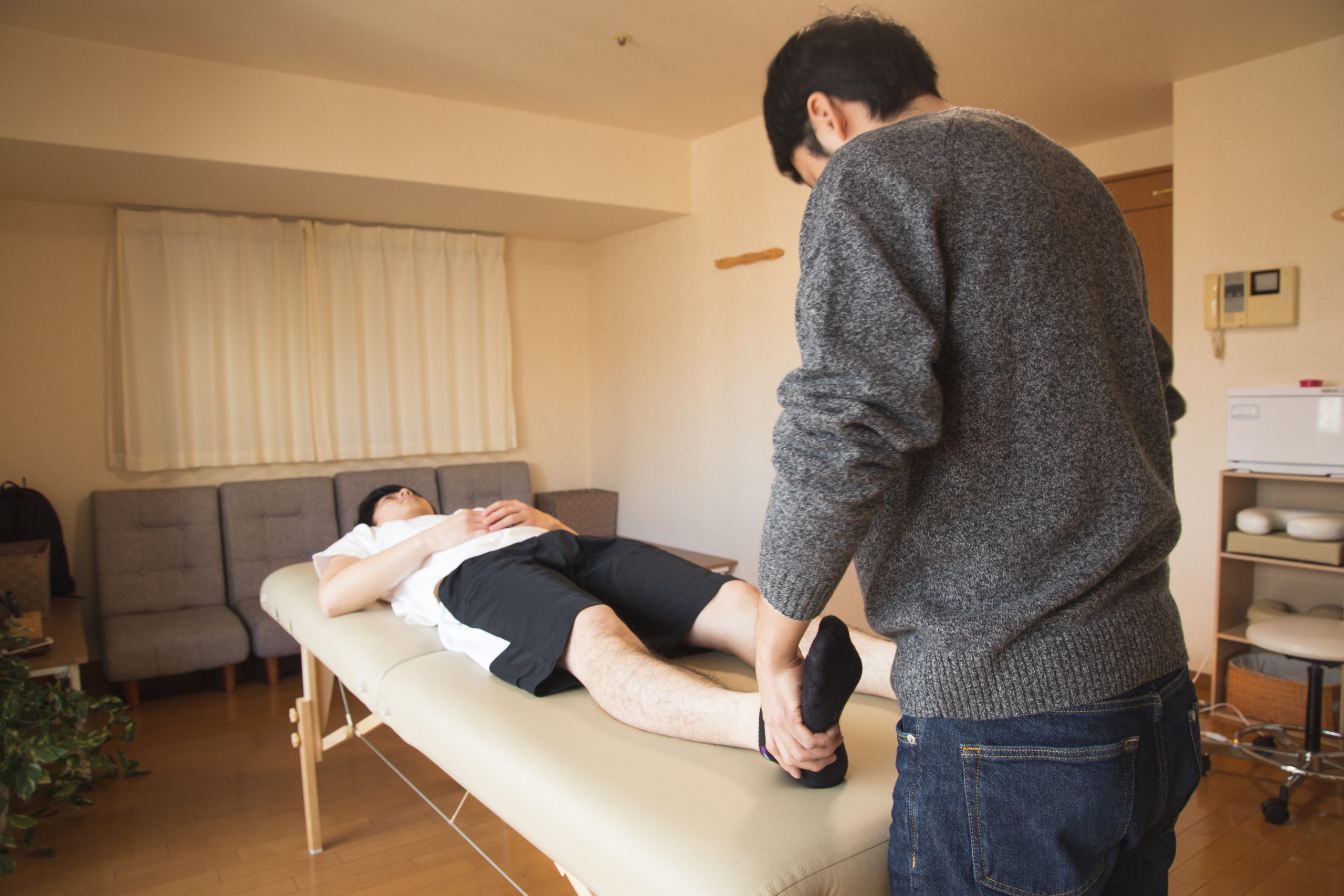Physiotherapy can have a significant positive impact on patient quality of life and overall wellbeing. Physiotherapy is a form of rehabilitation that involves the assessment, treatment, and prevention of physical impairments, disabilities, and pain. It aims to restore or improve a patient’s movement, flexibility, strength, and coordination, as well as reduce pain and promote overall health and wellness.
Physiotherapy is a healthcare profession that uses physical techniques, such as exercise, manual therapy, and modalities like heat, cold, and electrical stimulation, to help individuals recover from injury, manage pain, and improve their physical function and overall wellbeing. One of the primary benefits of physiotherapy is that it can improve a patient’s mobility and function. This can lead to increased independence and a greater ability to perform daily activities, which can have a positive impact on a patient’s quality of life. For example, physiotherapy can help patients with chronic pain or injuries regain their ability to walk, climb stairs, or perform other activities that they may have previously been unable to do. This can increase their sense of self-esteem and confidence, and reduce the feelings of frustration and helplessness that often accompany physical limitations.
Physiotherapy can also have a positive impact on mental health and wellbeing. It can help reduce stress, anxiety, and depression, which are often associated with chronic pain and disability. Physiotherapy can also improve sleep quality, reduce fatigue, and improve overall mood and energy levels. This can lead to an increased sense of wellbeing and an improved quality of life.
Additionally, physiotherapy can help prevent future injuries or complications. For example, physiotherapy exercises can help strengthen muscles and improve balance, reducing the risk of falls and injuries in older adults. This can help patients maintain their independence and prevent further physical limitations by:
Improved Physical Functioning: One of the primary goals of physiotherapy is to improve an individual’s physical function, which can have a direct impact on their quality of life. By addressing issues such as muscle weakness, joint stiffness, and limited range of motion, physiotherapy can help patients regain their ability to perform daily activities, including tasks that are essential to independent living, such as dressing, bathing, and using the bathroom.
Pain Reduction: Many patients seek physiotherapy to manage pain, and research has shown that physiotherapy interventions can be effective in reducing pain levels. By using techniques such as manual therapy, exercise, and modalities like heat and cold therapy, physiotherapists can help patients reduce their reliance on pain medication and improve their overall quality of life.
Improved Mental Health: Chronic pain and physical limitations can take a toll on a patient’s mental health, leading to depression, anxiety, and other mental health issues. Physiotherapy can have a positive impact on mental health by reducing pain levels, improving physical functioning, and providing patients with a sense of control over their health and wellbeing.
Enhance cardiovascular health: Physiotherapy can help patients with cardiovascular and pulmonary conditions to improve their exercise tolerance, endurance, and breathing capacity.
Prevention of Future Injuries: In addition to helping patients recover from injuries and manage pain, physiotherapy can also play a crucial role in preventing future injuries. By identifying areas of weakness or imbalance and providing patients with targeted exercises and advice on proper body mechanics, physiotherapists can help patients reduce their risk of future injuries.
In summary, physiotherapy can have a significant impact on patient quality of life and wellbeing. It can improve mobility and function, reduce pain and disability, and promote overall health and wellness. Patients who receive physiotherapy often report an improved sense of self-esteem, confidence, and wellbeing, and a greater ability to perform daily activities and participate in their favorite hobbies and activities.





